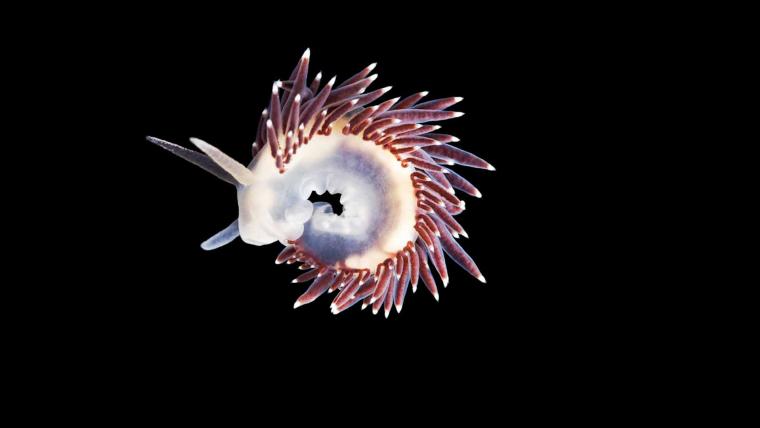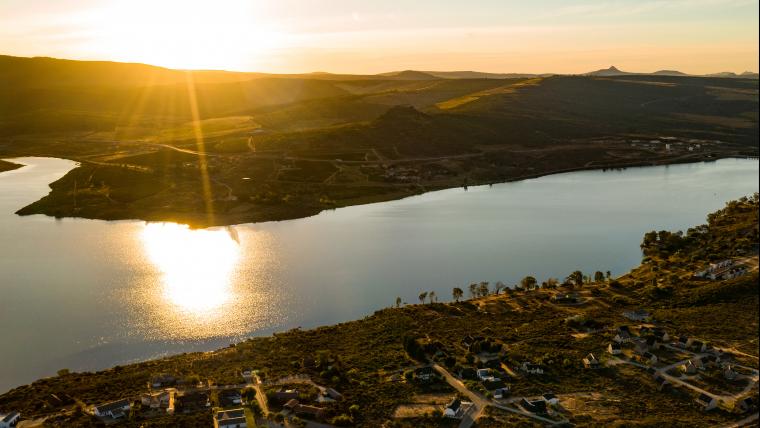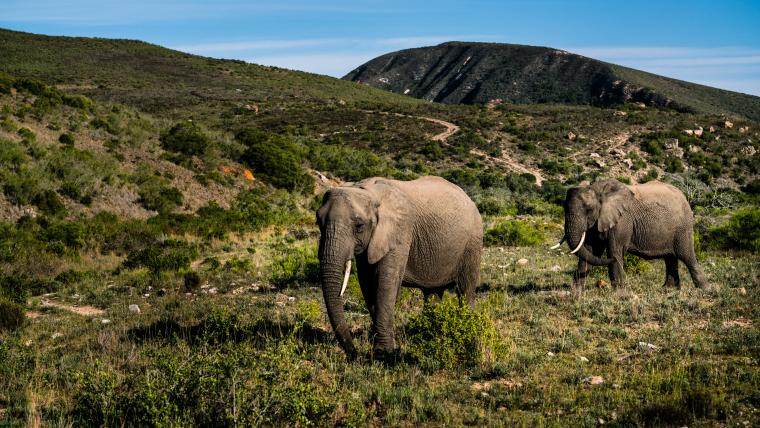
How we can learn about empathy from elephants
African elephants are in massive danger. The numbers are terrifying, staggering. Every 15 minutes one elephant is killed. 144 000 elephants died between 2007 and 2014. The demand for their tusks has lead to a huge increase in poaching, and human-elephant conflict has also contributed to their decline. Classified as vulnerable, the African elephant is an integral part of our landscape. But Dr Michelle Henley is using science to battle human greed. As one of the leading elephant researchers in South Africa, her work has helped identify poaching locations and stopped unnecessary culling.
Henley co-founded Elephants Alive in 2003. The organisation uses research and education to protect and enable elephants and humans to co-exist. She has studied the species for over 20 years, and has a PhD from the University of the Witwatersrand. Henley’s academic work has been widely published, but most of her time goes towards monitoring and tracking elephants in the Great Limpopo Transfrontier Park. In 2013, she won a WESSA National Award, and has been a finalist in the Tusk Conservation Awards and Eco-Logic Awards. Henley was also invited by the International Union for Conservation of Nature to be a member of the African Elephant Specialist Group in 2017.
Although Henley’s work has lead to impressive personal achievements, it stems from a great love and respect for the tusked giants. “I love their empathy for each other,” she says. “They can feel what another elephant might potentially be feeling. I think we can learn from that.” Henley believes educating the youth is one of the most fundamental aspects of conservation, and has written and illustrated books for children about protecting elephants. “There’s a certain energy among the young people to protect our environment,” she says. Through her research and education efforts, Henley is creating a legacy that is founded upon a deep compassion, and paving the way for a hopeful future. “I get a chance to make a difference to elephant conservation and I find that humbling and a privilege.”






























Please sign in to leave a comment